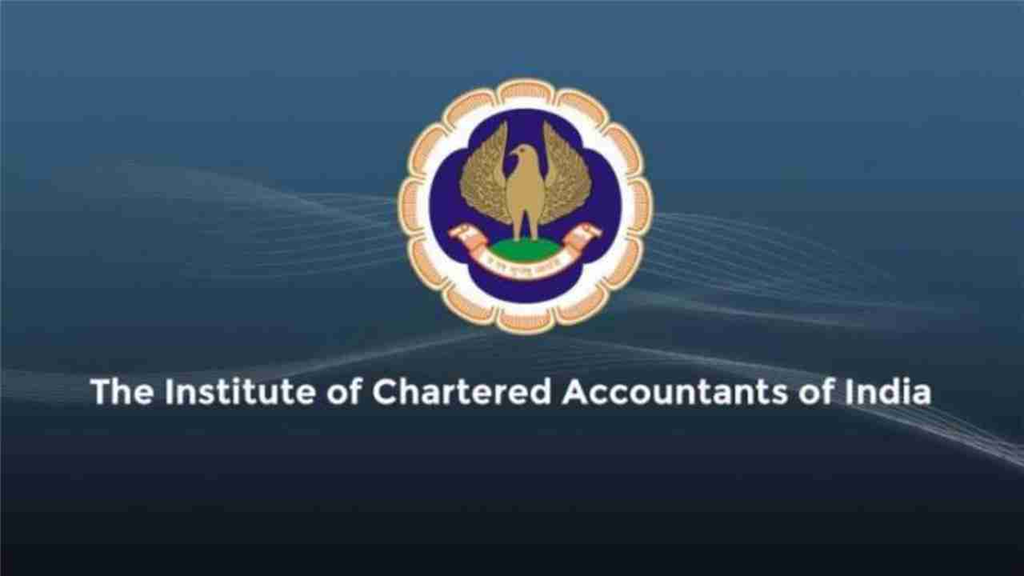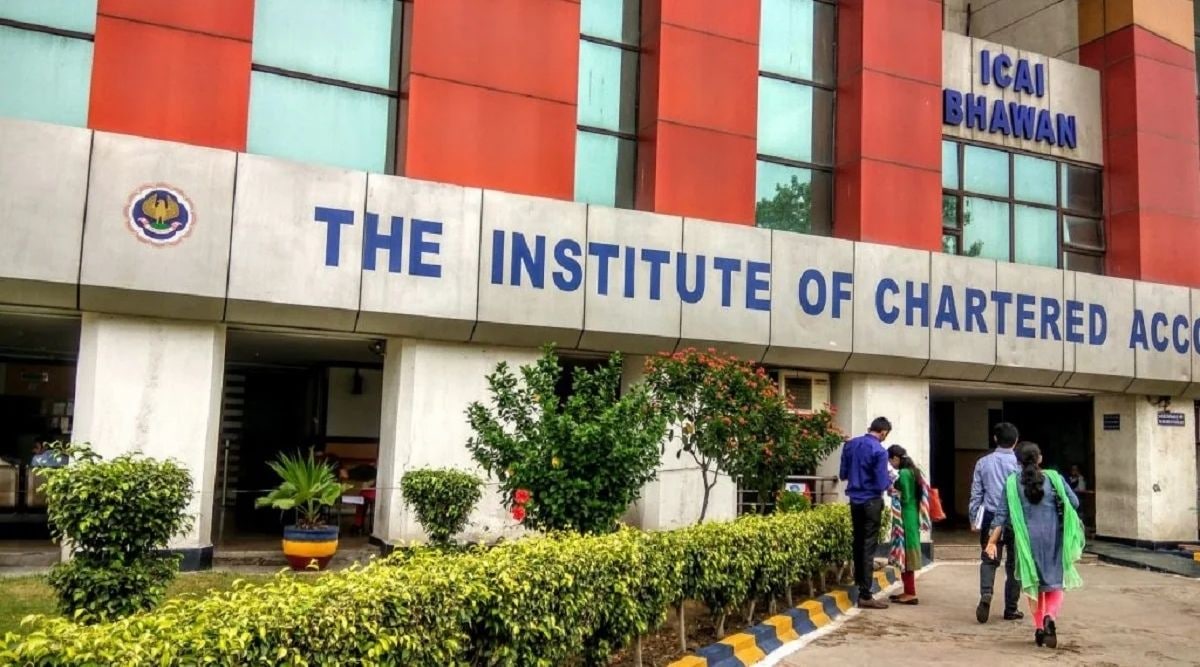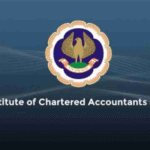ICAI: Shaping the Future of Chartered Accountancy in India

The Institute of Chartered Accountants of India (ICAI) is the premier professional body regulating the accountancy profession in India. Established under an Act of Parliament in 1949, ICAI has played a crucial role in developing competent accounting professionals who contribute significantly to the economic growth and financial integrity of the country. Over the years, ICAI has evolved to meet global standards, providing education, training, and guidance to chartered accountants and ensuring ethical and professional conduct.
History and Establishment

The need for a professional body to regulate accounting practices in India was recognized during the pre-independence era. After the passage of the Chartered Accountants Act in 1949, ICAI was formally established with the objective of regulating the profession, setting ethical standards, and safeguarding the interests of the public. Since then, ICAI has grown into one of the largest accounting bodies in the world, known for its rigorous standards and high-quality professional training.
Mission and Objectives
The core mission of ICAI is to develop a globally recognized accountancy profession in India. Its objectives include:
-
Education and Training: Providing high-quality education and structured training to aspiring chartered accountants.
-
Professional Development: Ensuring continuous professional development through workshops, seminars, and certification programs.
-
Ethical Standards: Promoting integrity, transparency, and ethical practices in the profession.
-
Regulation and Oversight: Regulating the accounting and auditing profession in India, ensuring adherence to standards and guidelines.
-
Research and Knowledge Sharing: Conducting research in accounting, taxation, auditing, and financial management to provide updated guidance to professionals.
The ICAI Examination Structure
Becoming a Chartered Accountant in India is a rigorous process. ICAI has designed a structured examination and training program to ensure only well-qualified professionals enter the field. The pathway consists of three levels:
-
CA Foundation: This is the entry-level examination for students after completing class 12 or its equivalent. It covers accounting, business laws, economics, and quantitative aptitude.
-
CA Intermediate: After completing the foundation, students can appear for the intermediate level, which includes a deeper focus on accounting, taxation, law, auditing, and financial management.
-
CA Final: This is the last stage of the examination process. Candidates are tested on advanced topics, including financial reporting, strategic financial management, auditing, corporate laws, and ethics.
In addition to passing these exams, students must complete articleship training under a practicing chartered accountant or a firm for practical exposure to real-world accounting, auditing, and taxation practices.
Membership and Benefits
Becoming a member of ICAI comes with several professional and personal advantages:
-
Professional Recognition: Membership grants the right to practice as a Chartered Accountant in India and internationally.
-
Networking Opportunities: ICAI organizes conferences, seminars, and events where members can connect with peers, industry experts, and regulators.
-
Continuing Professional Education (CPE): Members gain access to ongoing training programs and certifications to stay updated with the latest standards and regulations.
-
Guidance and Support: ICAI provides technical support, advisory services, and resources to assist members in their practice.
-
Career Opportunities: Membership opens doors to opportunities in accounting firms, corporate finance, taxation, government roles, and advisory services.
Role of ICAI in Indian Economy
ICAI plays a critical role in shaping India’s financial and economic landscape. Chartered accountants trained and certified by ICAI contribute to various sectors, including banking, taxation, auditing, corporate finance, and consulting. By ensuring transparency, accountability, and compliance with financial regulations, ICAI professionals help maintain public trust and support the smooth functioning of financial markets.
Moreover, ICAI advises the government and regulatory bodies on accounting standards, taxation policies, auditing guidelines, and corporate governance practices. This involvement ensures that the profession aligns with international best practices while catering to India’s unique economic requirements.
Global Recognition
ICAI’s reputation extends beyond India. Its members are recognized internationally, and the institute has entered into mutual recognition agreements (MRAs) with several global accounting bodies, allowing Indian chartered accountants to practice abroad. ICAI also collaborates with international organizations such as the International Federation of Accountants (IFAC) to promote best practices in auditing, ethics, and financial reporting.
Continuing Professional Development
In a rapidly evolving business environment, continuous learning is essential. ICAI mandates its members to engage in Continuing Professional Education (CPE) programs. These programs cover emerging areas such as international financial reporting standards (IFRS), taxation reforms, digital accounting, data analytics, and corporate governance. By updating skills and knowledge, members remain competent and relevant in a competitive market.
Challenges and Future Outlook
While ICAI has made remarkable progress, it faces challenges such as adapting to technological advancements, digital accounting, automation, and artificial intelligence. The institute is actively promoting digital literacy among members, encouraging adoption of cloud-based accounting systems, and integrating technology in education and practice.
ICAI’s future vision includes strengthening global recognition, fostering research and innovation, and ensuring that the chartered accountancy profession remains a cornerstone of India’s financial system.
Conclusion
The Institute of Chartered Accountants of India (ICAI) stands as a pillar of professionalism, integrity, and excellence in India’s accounting landscape. From regulating the profession to providing high-quality education and training, ICAI ensures that its members are equipped to meet the challenges of a dynamic business environment.
For aspiring accountants, ICAI represents a path of rigorous training, professional growth, and global recognition. For the nation, it symbolizes transparency, trust, and competence in financial reporting and advisory services. As the business world becomes increasingly complex, ICAI continues to play a vital role in shaping skilled professionals who drive economic growth and uphold the highest ethical standards.
With its rich legacy and commitment to continuous improvement, ICAI is not just an institution—it is a gateway to a professional career that blends knowledge, skill, and responsibility in service of society and the economy.







